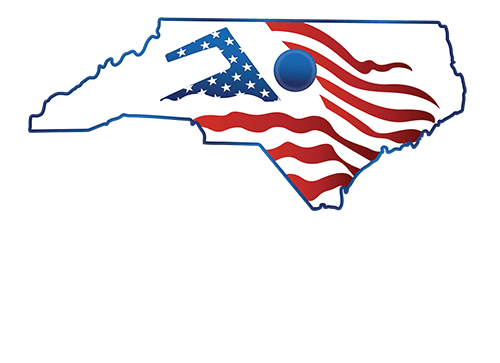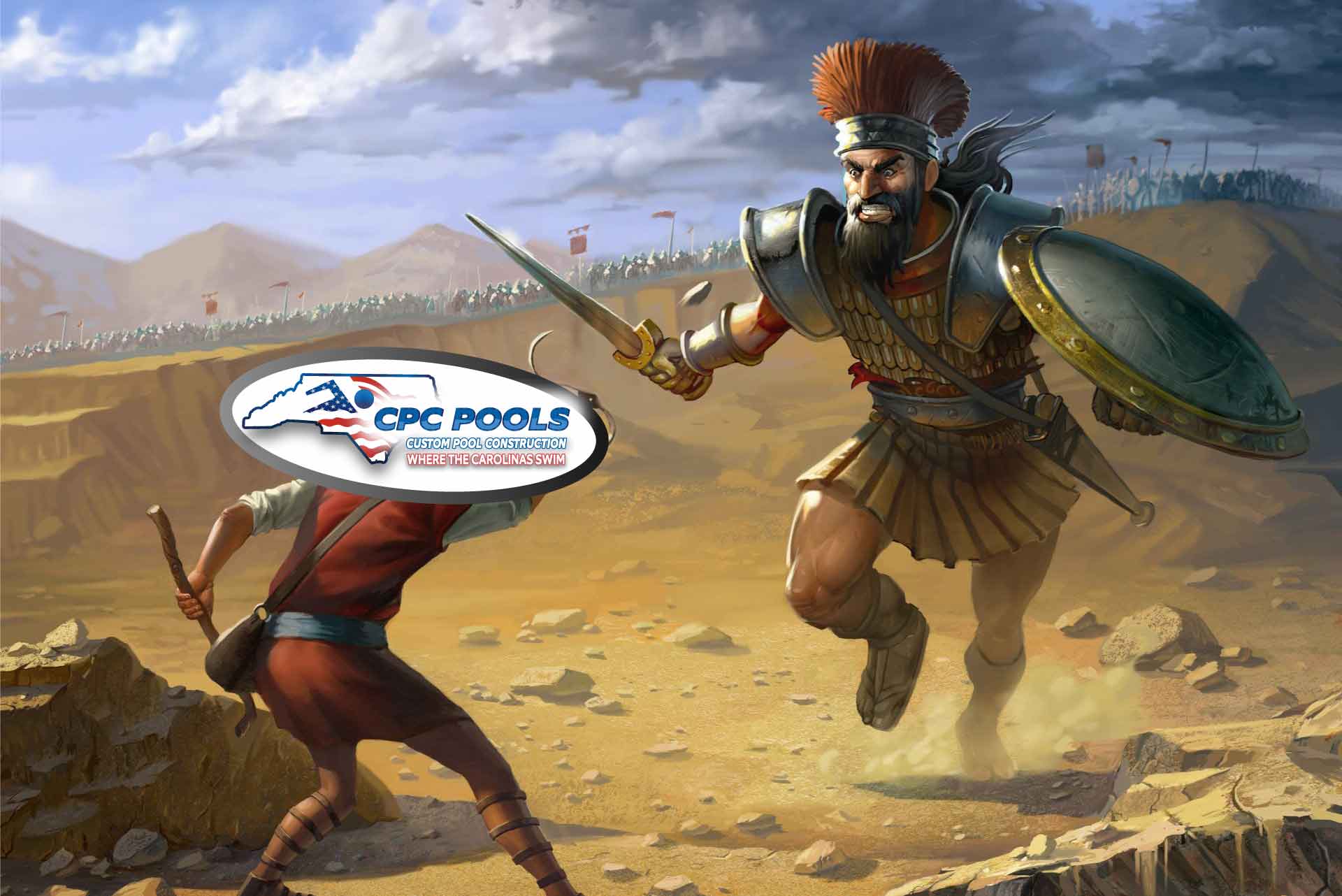Why is it that for some of the most high-dollar investments American citizens can make, whether it be cars, timeshares, or pools – are among the most likely to be managed by subpar, greedy salesmen?
The term ‘used-car salesman’ is thrown around so much as to describe poor tact and abrasive sales conduct that the industry it supports has had to reinvent itself into something which takes them out entirely. Carmax and other similar application-based services have effectively eliminated the purpose of a salesman. But what is it particularly about these salespeople that rubs customers the wrong way? Is there a reason they are the way they are, and what does it say about the companies they represent that they even exist in the first place?
A blanket principle has been applied across many industries: companies will outsource work at any opportunity they can in production. It’s a self-preservation tactic that pays off tremendously in the stock exchange.The idea revolves around the ‘plug-and-play’ principle of management. Whereas instead of instituting a company-wide policy where every department must be trained and debriefed on what particular sales campaign is approved, now, they can just train their hired sales staff. That way they can pay less in training and also put full accountability on one department should there ever be an issue.While everything makes sense on paper in that scenario, there is one issue that wasn’t even mentioned: the customer.
See, as the stock price managers were devising different ways of making sure the value of the company name is stable – in return for that stability, lack of recognition in valuing courtesy to the consumer was rampant.
Since we’re CPC Pools and we build pools, we’ll talk about pools.
Here’s some inside baseball about the industry as it stands today – these corporations are making an absolute killing using this precise scheme of deniable accountability. Assume that the pool building process is on a production line – there’s sales, excavation, surveyors, inspectors, specialists, electricians, plumbers, plasterers, and so on. All are essential and expensive components in installing a quality pool and there cannot be an end product without each step. In the corporate world, it makes complete sense to subcontract out each individual stage to a local contractor whom specifically specializes in the stage needed. This knocks two birds out with one stone in their eyes.
Here’s some inside baseball about the industry as it stands today – these corporations are making an absolute killing using this precise scheme of deniable accountability. Assume that the pool building process is on a production line – there’s sales, excavation, surveyors, inspectors, specialists, electricians, plumbers, plasterers, and so on. All are essential and expensive components in installing a quality pool and there cannot be an end product without each step. In the corporate world, it makes complete sense to subcontract out each individual stage to a local contractor whom specifically specializes in the stage needed. This knocks two birds out with one stone in their eyes.
First – it separates the company from the contractor. If the pool’s plaster is chipped consistently, the subcontractor who’s in charge of plaster will take the heat and pay for it. While the corporate image may be tarnished for approving a shoddy contractor, it’s much easier to forgive when the customer witnesses the CEO’s tongue-lashing after the fact.
Second – It’s less expensive. Taking advantage of a specialized contractor who wouldn’t have much work without the sustainable leads of a mass-market corporation is a business school no-brainer. These two points fly in the face of what pool building should be centered around: consistency, efficiency, and quality. But we’ll come back to that.
Let’s first address an even more controversial topic: internal investment prioritization.
This is where there the most clear deviations of faith from the customer are evident. And unfortunately, it’s a very simple understanding to come to – at what point in the process does the pool corporation stand to make the most net income? Not excavation. Not concrete. Sales. When the customer signs the contract, the corporation is in for a payday. And if money is being assured up front, it would only make the most sense to prioritize the front.
In most cases, pool companies will spare no expense in hiring the most educated, ruthless and, sometimes, manipulative people to take commission-based sales positions.
Not totally indifferent from other industries mind you, but their investment to the position is staggering. Since the corporation has already outsourced the actual construction to other contractors – the sales staff receives a ton of leftover investment capital. But that doesn’t necessarily mean they’ll spare no expense. No, instead they’ll squeeze every ounce of efficiency they can out of a salesman through the tried-and-true method of competitive commission pay. In essence, instead of a few hard-nosed, experienced and informed educators working as salaried salesmen – there will be tens if not hundreds of salesmen all competing with one another to just get someone to sign so they can sufficiently support themselves.
Thus enters the used-car salesman. Normally a down-on-their-luck individual whose personal financial stressors will seep into productivity at work. Leading to an overbearing, fast-paced and uncomfortable sale and a pool design that was, more than likely, not what you had always envisioned. What’s worse, since the salesperson was specifically trained for only making a sale, they will have zero use after the customer signs. Meaning that the one person the customer had to talk shop about their investment will effectively disappear when all’s said and done.
So it’s fair to say that the advent of the used car salesmen is less a problem in that of itself, but more of a consequence to a system steeped in greed.
So let’s deconstruct how we got to this point. It’s entirely within the realm of possibility that the root issue of the entire debacle is how corporate handles the construction process. If they had a better handling about the quality of the product they were producing, the product would sell itself instead of having to have a human mercilessly pitch the idea of it. Secondly, by working on a national to regional scale of business instead of a local scale, the need to subcontract out work is much higher. And since local offices and supervisors will hold almost no sway over their own projects – the people who would otherwise be specifically helping the customer – are instead cut out of the equation.
What if I told you.
There’s a better way to build pools.
Crazy, right? But it’s actually true! We believe we’re onto something here.
At CPC Pools, we’re developing a model which puts the customer’s desire first. Getting them the pool of their dreams, in record time, every time. Here’s how:
Own the Chain – Over the course of the past four years CPC has been in business here in Denver, N.C. on the west side of Lake Norman. We’ve slowly but surely been acquiring more assets to get the majority of the typical pool project done almost entirely in-house.
What does that give the customer? It allows us to play the roles of contractor, quality assurance and scheduler all at once. Meaning the customer will no longer be at the mercy of a particular subcontractor’s schedule, leaving us the ability to schedule successive days of work back-to-back-to-back – AND – immediately be able to critique and inspect our work to make sure the exceptional quality standard we strive for is met across all stages of the build.
Crazy, right? But it’s actually true! We believe we’re onto something here.
At CPC Pools, we’re developing a model which puts the customer’s desire first. Getting them the pool of their dreams, in record time, every time. Here’s how:
Own the Chain – Over the course of the past four years CPC has been in business here in Denver, N.C. on the west side of Lake Norman. We’ve slowly but surely been acquiring more assets to get the majority of the typical pool project done almost entirely in-house.
What does that give the customer? It allows us to play the roles of contractor, quality assurance and scheduler all at once. Meaning the customer will no longer be at the mercy of a particular subcontractor’s schedule, leaving us the ability to schedule successive days of work back-to-back-to-back – AND – immediately be able to critique and inspect our work to make sure the exceptional quality standard we strive for is met across all stages of the build.
No Salesmen – We do not believe the customer can be truly confident in their pool design if they have not talked to someone with experience in pool construction. Therefore, all of our sales staff are contractors, the same people who will be building your pool outside after the customer signs.
What does that give the customer? The peace of mind in knowing that there will be no failure in communication between your vision and your design. In addition, a contractor will not only be able to tell the customer what won’t be possible, but also have an even better understanding of what IS possible and how you can get more bang for your buck with the space available.
Consistency – The number one concern many new pool buyers have is who is going to be accountable for what job and when. It’s something that’s downright impossible to discern with a corporation due to the subcontracting agreements. Because while the job will technically be done by the corporation, the names of the businesses on the trucks and in the docket will be different than what the customer is expecting.
What does that give the customer? It eliminates the notion of deniable accountability and burns the paper trail corporations would otherwise leave the customer to chase should something go wrong with the build. When CPC builds your pool, it will be a CPC design, excavation, plumbing, plaster, etc., with the same contractor and even the same laborers doing the work every day.
Corporate commission-paid salesmen are not construction engineers. They’re salesmen. Trained in the art and science of selling low cost pools at top-dollar prices. Making their living off convincing the customer to buy right now for the sake of buying.
Subcontractors are underpaid, underappreciated local builders who have come to resent the position they’re in. Unable to negotiate a better cut of the profit due to lack of leverage, most will deliver a subpar build to justify the lack of recognition from the corporation. A subpar build – in the innocent customer’s backyard. Even worse, if there’s ever an emergency with a pool, the corporation will send the subcontractor back out (for no extra pay since it’s supposedly their fault the emergency happened) and try to fix it. Don’t expect anything more than a patch job and excuses.
Corporations are not on your side. They see everything through the lens of their stock price and net worth. There is no quality standard. There is no assured professionalism. There is no supervision. It’s all a scheme. Designed and tailored to lure customers into a false sense of security and buying a pool because of a brand sticker instead of a dream realized.
So if you want to invest in a pool corporation. Don’t buy a pool, buy stock.

